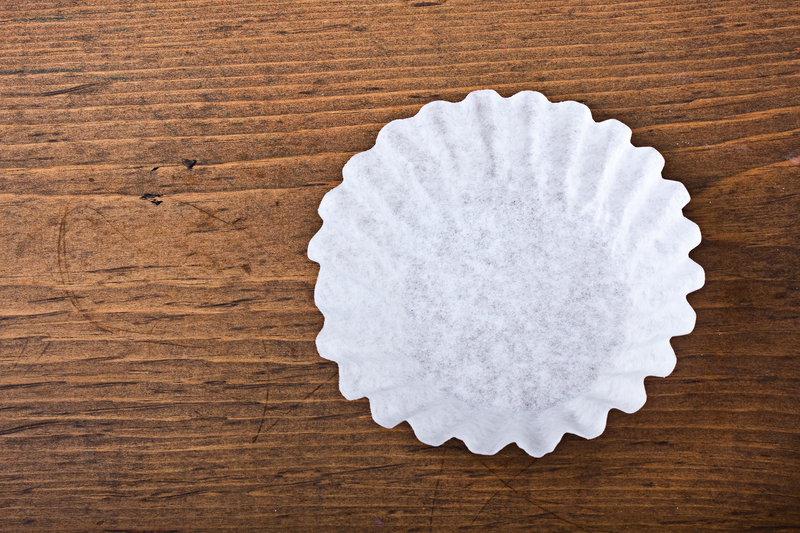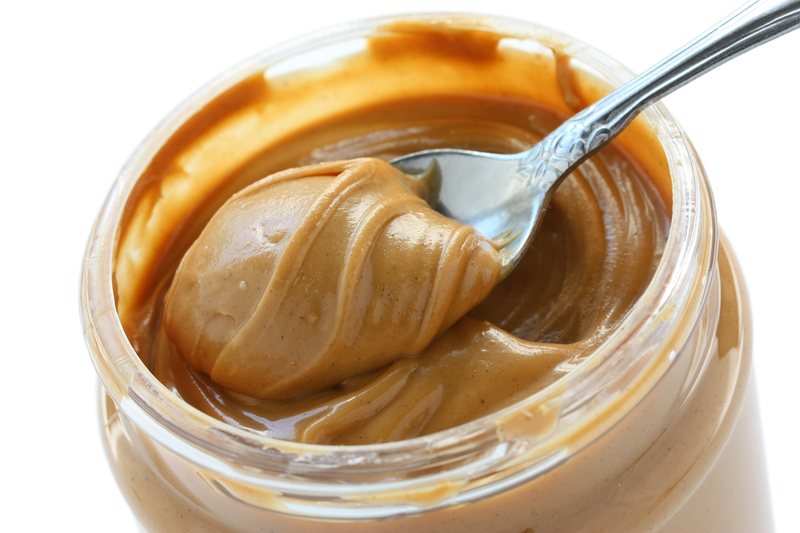Expert Advice for a Hygienic Fridge
Posted on 16/09/2025
Maintaining a clean and hygienic refrigerator is essential not just for the preservation of food but also for the prevention of foodborne illnesses. However, keeping a fridge spotless requires more than just a simple wipe-down. Expert advice from cleaners, nutritionists, and food safety specialists can guide you through the intricate details of fridge hygiene, ensuring your food stays fresh and your family stays healthy.
Why a Hygienic Fridge is Crucial
The refrigerator is a vital household appliance for maintaining the freshness and safety of your food. A hygienic fridge is crucial for several reasons:
- Food Safety: Harmful bacteria such as Salmonella, E. coli, and Listeria can thrive in unsanitary conditions, leading to foodborne illnesses.
- Food Preservation: A clean fridge maintains the optimal temperature and humidity levels, ensuring that your food stays fresh longer.
- Odor Control: Properly cleaning up spills and removing expired items prevents foul odors.
- Energy Efficiency: A well-organized and clean fridge operates more efficiently, reducing energy waste and utility bills.

Step-by-Step Guide to Cleaning Your Fridge
Cleaning your refrigerator may seem daunting, but breaking it down into manageable steps can make the process more approachable. Experts recommend the following step-by-step guide:
Step 1: Preparation
Before you begin cleaning, prepare by gathering the necessary materials:
- Hot, soapy water or a mild cleaning solution
- Cloth or sponge
- Abrasive brush for tough stains
- Disinfectant wipes or spray
- Baking soda or activated charcoal (for odor removal)
Step 2: Empty the Fridge
Remove all food items from your refrigerator. Place perishable items in a cooler with ice packs to keep them fresh. Discard any expired or spoiled food to reduce congestion and improve air circulation within the fridge.
Step 3: Remove Shelves and Drawers
Take out all removable components, such as shelves and drawers, to facilitate thorough cleaning. Wash these parts in hot, soapy water and let them air dry.
Step 4: Clean Interior Walls
Use a cloth or sponge soaked in hot, soapy water to clean the interior walls of the fridge, paying particular attention to the corners and crevices where spills can accumulate. For stubborn stains, use an abrasive brush. Avoid using strong chemicals as they can harm the fridge's surfaces and food.
Step 5: Disinfect and Deodorize
After cleaning, use disinfectant wipes or spray to kill any lingering bacteria. For natural odor control, place an open box of baking soda or a sachet of activated charcoal at the back of the fridge. These substances absorb strong odors without masking them with artificial fragrances.
Step 6: Organize and Restock
Once everything is dry, return the shelves and drawers to their place. Organize your food items in a way that enhances airflow and accessibility. Experts recommend storing fruits and vegetables in crisper drawers and placing raw meats on the bottom shelf to prevent cross-contamination.
Maintenance Tips for a Hygienic Fridge
Regular maintenance can extend the cleanliness of your fridge and reduce the need for deep cleaning. Here are some expert tips:
Check and Adjust Temperature
Monitor your fridge's temperature regularly. The optimal temperature is below 40?F (4?C), which inhibits bacterial growth. A refrigerator thermometer can help maintain the correct temperature.
Wipe Spills Immediately
Clean up spills as soon as they occur to prevent sticky messes and bacterial growth. Keep a small container of disinfectant wipes or a microfiber cloth and cleaning spray handy for this purpose.
Rotate Food Items
Follow the "first in, first out" principle for food items. Place newly purchased or prepared food at the back, and move older items to the front to ensure they are consumed first. This helps minimize food waste and keeps your fridge orderly.
Check and Clean the Gasket
The rubber gasket around the fridge door can attract mold and mildew. Wipe it down with a solution of vinegar and water once a month to keep it clean and flexible, ensuring an airtight seal.
Deep Clean Quarterly
Conduct a deep clean at least once every three months. Follow the step-by-step guide, paying extra attention to commonly overlooked spots like the drip pan and condenser coils. These areas can harbor dust and grime that affect your fridge's efficiency.
Common Mistakes to Avoid
Even with the best intentions, some common mistakes can jeopardize your efforts at maintaining a hygienic fridge:
Overloading the Fridge
Overloading your refrigerator can obstruct airflow, leading to uneven cooling and faster spoilage of food. Be mindful of the fridge's capacity and avoid piling items too high.
Ignoring Expiration Dates
Regularly check expiration dates and remove items past their prime. Outdated products can cultivate mold and bacteria, contaminating other foods.
Improper Food Storage
Inadequate storage techniques can compromise food safety. Store raw meats in sealed containers to prevent juices from leaking, and keep dairy products on upper shelves where the temperature is more consistent.

Expert Recommendations on Fridge Cleaners
Choosing the right cleaning products is crucial for maintaining a hygienic fridge. Experts recommend the following options:
Natural Cleaners
White vinegar, lemon juice, and baking soda are effective natural cleaners that are safe for food contact surfaces. Mix equal parts vinegar and water in a spray bottle for a versatile and eco-friendly cleaning solution.
Commercial Cleaners
For tougher jobs, commercial kitchen cleaners like Simple Green or Seventh Generation are great choices. Opt for non-toxic, food-safe options to ensure your family's safety.
Avoid Harsh Chemicals
Steer clear of bleach, ammonia, or any abrasive cleaners that can damage the surfaces of your fridge and leave harmful residues.
Conclusion
Maintaining a hygienic fridge requires consistent effort and attention to detail. By following expert advice on cleaning routines, organizing strategies, and proper storage techniques, you can ensure that your refrigerator remains a safe and efficient appliance. Regular upkeep not only prolongs the life of your fridge but also keeps your food fresh and your family healthy. Make fridge hygiene a priority, and enjoy the peace of mind that comes with a clean and organized kitchen.
Latest Posts
How a Clean Home Refreshes Your Mental State
Green Cleaning Hacks for a Sparkling and Sustainable Space
Discover the Best Home Remedies for Tackling Stubborn Grease Stains




